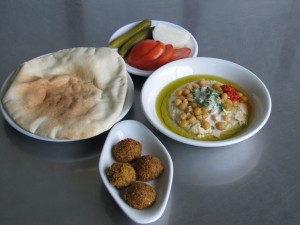Now that things are back to normal here, I want to relate to you and experience I just had earlier today.
I run a closed group on Facebook called “Private Tour Guides in Israel.” I invited about fifty guides I know to join the group. You have to be an experienced licensed guide and own your own specially-licensed tour car to be a member. I wanted the group to be a bit of an elite club where we more experienced guides could share experiences, gripe and maybe share a joke or two.
Someone who I do not know asked to join the group. No, he wasn’t a guide, but an agent. I let him post a form on the group because he has to make a living, too.
The form was for private tour guides, like me, to join his group of guides on a site he manages.
I wonder…why would a prospective client go to his site and pick a tour guide from there? Price? His good name? I mean, who is this guy?
When hiring a private tour guide, you are sometimes investing quite a bit of money. If it were me, I would first of all go to someone either I knew or my family and/ or close friends.
TripAdivisor is the next best thing.
If you are going to hire a guide, anywhere in the world today, look them up an TripAdvisor and read about them.
If they are not listed there, I sincerely wish you good luck.
You’ll need it.






